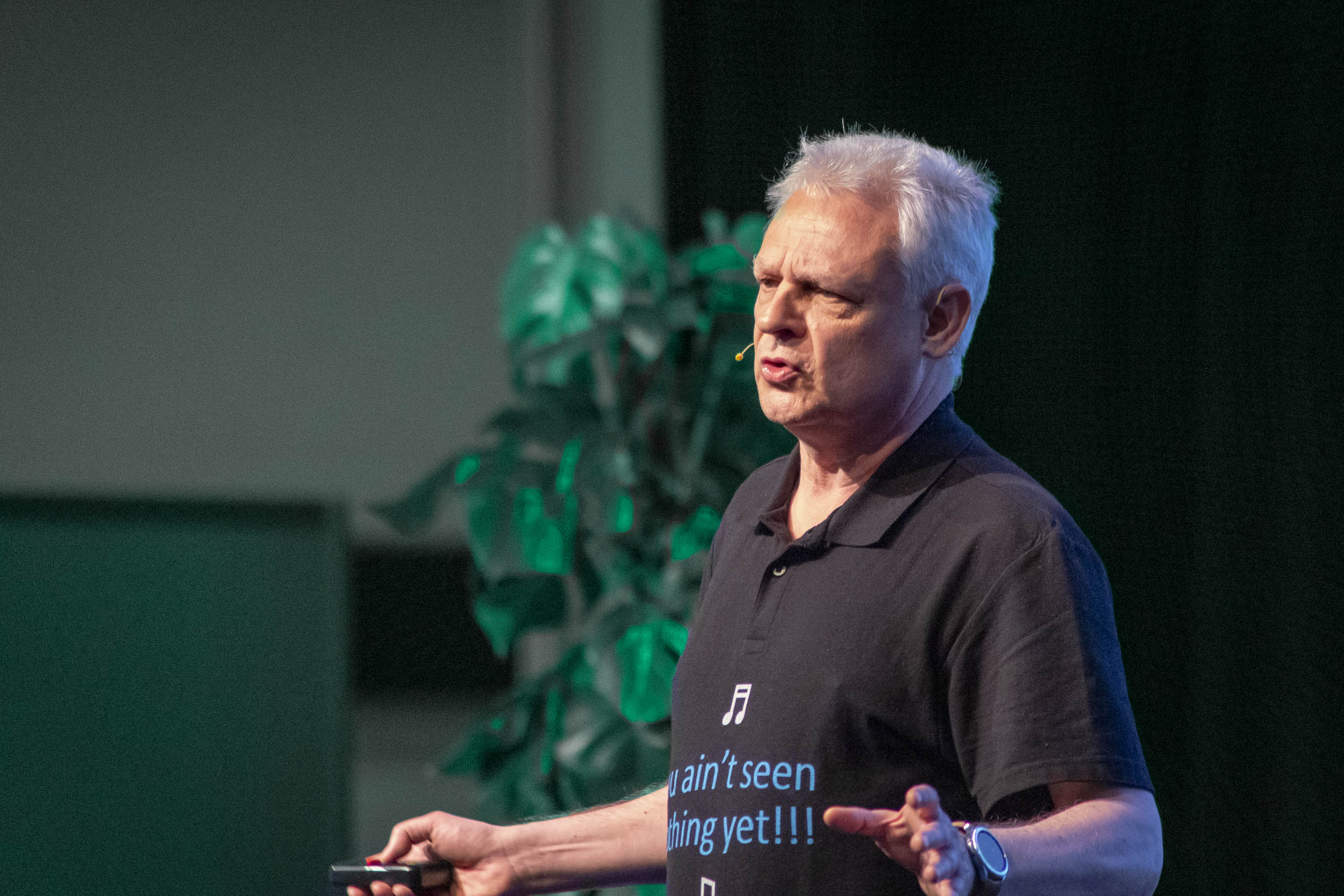Security predictions (5) for 2024

Number of zero-day attacks on the rise
Companies are still too slow to patch vulnerabilities, especially in SMEs. Main cause: there is insufficient expertise in-house to perform updates on time. Also, the urgency to implement available patches is not always felt. And cybercriminals know this. If you wait longer than 48 hours after release to install a patch on an Internet-connected server, the risk of a cyber attack via that route increases exponentially. Because if companies do not perform their updates, it becomes even more interesting for cybercriminals to continue their attacks precisely. It is important for organisations to adjust their update and patch policies accordingly, if necessary with the help of external experts. On the upside, an increase in zero-day attacks that exploit vulnerabilities for which no patches are yet available can be expected. These are more likely to be espionage and sabotage-like cyber attacks, carried out by nation-states.
Physical wars have their digital repercussions
The Russian invasion of Ukraine is one of the biggest military conflicts in the Western world in recent decades. This battle is not only physical, a substantial cyber war is also raging. This battle also involves digital casualties not directly involved in the conflict itself. Think of internationally operating companies that have offices or factories in Ukraine. As long as the conflict continues, this kind of collatoral damage will remain a reality. Since it does not look like the war in Ukraine will end any time soon, we can expect more unintended collateral damage in 2024. In other conflicts and wars around the world, we see the same problems recurring.
Developments around ai continue
We could hardly ignore it back in 2023: ai was making an undeniable advance. In 2024, we can expect further developments. Cybercriminals have also discovered the advantages of ai: phishing emails are increasingly difficult to spot and are therefore becoming more effective. Developments in voice clones and fake videos will also be followed with interest by malicious actors. In 2024, we will increasingly hear of cybercriminals enlisting the help of ai. This will mainly be cybercrime targeting a specific target. Think of ashock call, where the caller pretends to be a family member or an official agency using ai-speech technology to extract personal data. While this requires a lot of preparation and time on the part of the cybercriminal, it also yields great returns. Ai helps malicious actors play on the primitive emotions of their victims more effectively.
Global events create hacktivism
Sports fans will have the summer of 2024 firmly circled in their diaries, with the Summer Olympics in Paris and the European Football Championships in Germany, among others. Hackers will also have these events on their radar. So during the sports summer, count on a good deal of hacktivism: ddos attacks, official websites going black or displaying an alternative message. The US presidential (pre-)elections and the European Parliament elections are also expected to trigger cyber activity.
“Hackers also have the Summer Olympics in Paris and the European Football Championship in Germany on their radar”
Quest for zero-trust continues
In recent years, we have already seen the increasing popularity of zero-trust as a standard method of gaining access to a network or functionalities. In the new year too, this popularity will increase. But actually, we need an even stronger tool, because zero-trust is not the solution for everything. Although zero-trust increases standard security considerably, there are scenarios to consider where it still does not provide sufficient protection. For instance, hackers and cybercriminals can manage to get the login credentials of users with administrator privileges by breaking multi-factor authentication (mfa) via session cookie theft, a man-in-the-middle attack or a so-called mfa fatigue attack. This allows them to still access internal data and the entire network. So protecting data itself, and not just focusing on access to it, remains important – even in 2024.
(Author Eddy Willems is security evangelist at G Data.)
Source: Computable.nl


































































